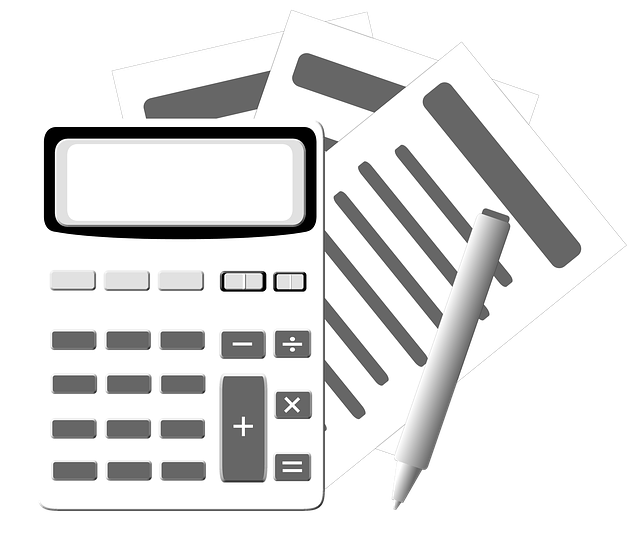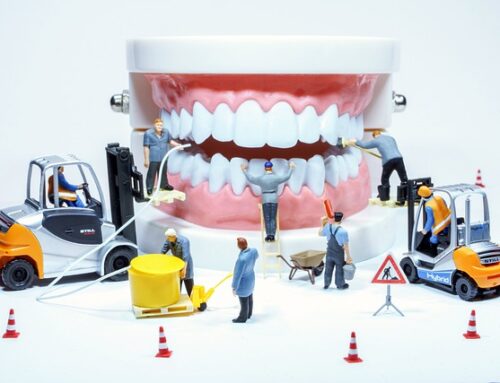Just like that it is September and we’re nearing the end of 2021, but what about your health savings account (HSA) or flexible spending account (FSA) balances? Do you have money in those accounts you don’t know what to use it for? Well, you’re in luck because you can use your HSA or FSA balances on dental services at Pinnacle Peak Family Dentistry.
FSA funds don’t roll over
Flexible spending accounts, or FSAs, allow employees to obtain reimbursement for various medical expenses. But because they are classified as tax-exempt savings accounts, no employment or federal income taxes are deducted from contributions. In fact, the Internal Revenue Service notes that FSAs have no reporting requirements for federal tax returns. That means distributions are free as long as they are used for qualified medical expenses.
And yes, they can be used on dental expenses. Eligible dental procedures include:
- Teeth cleaning.
- fillings and sealants.
- Crowns.
- Bonding.
- Dentures.
- Tooth extraction.
- Inlays and onlays.
It also covers all diagnostic and preventative services. And if you need treatment for gingivitis, temporomandibular joint disorder, sleep apnea, gum recession and oral surgery.
HSAs might have a co-payment
When it comes to HSAs, there is a difference between services that diagnose, treat, mitigate, cure or prevent a disease or treatments that affect a function of the body and services that fall under the category of general health.
Some of the most common types of HSA-qualified dental care procedures are:
- Dental fillings.
- Root canals.
- Tooth extractions.
- Crowns.
- Dentures.
- Bonding.
Additionally, your HSA covers expenses for standard dental cleanings and check-ups. But, one thing to keep in mind is that some procedures may have a co-payment. That is why it is important to check with your dental insurance provider to find out exactly what you will have to pay out of pocket.
Contact us at Pinnacle Peak Family Dentistry to learn more and schedule your next dental appointment.







